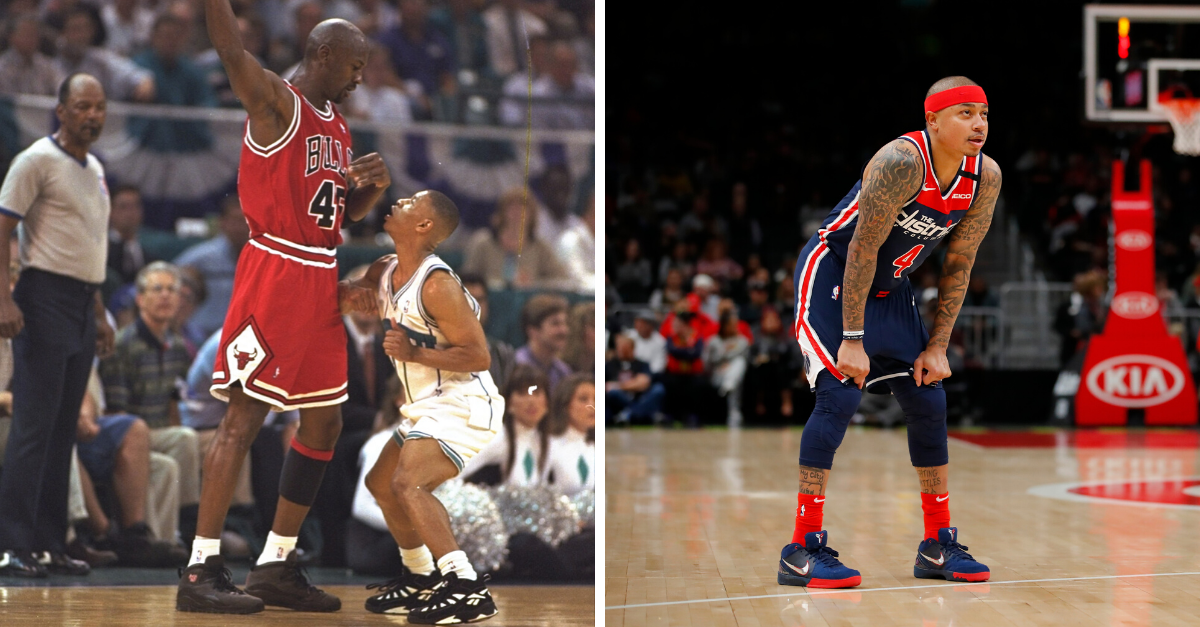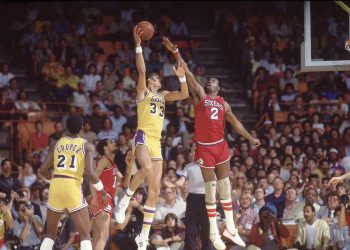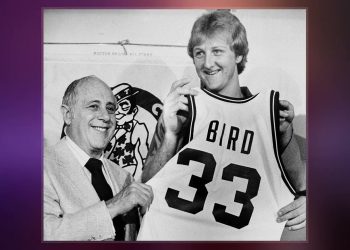Believe it or not, size isn’t everything in basketball. In fact, the popularity of short NBA players has skyrocketed over the years. Why? These athletes, while lacking in height, make up for it in agility, speed, and skill. If you’ve ever watched a game & seen a lightning-fast player zoom past towering defenders or deliver a game-changing assist, it’s likely you’ve witnessed the majestic play of a shorter athlete. And let’s be honest, watching a player defy odds & shatter stereotypes adds an extra layer of excitement to the game.
The Basketball World of Underdogs
The NBA is often viewed as the realm of giants—the taller, the better, right? But hang tight! History has shown that shorter players have had substantial impacts on the court. Consider Muggsy Bogues, standing at 5’3”, a player who delivered over 6,000 assists in his career. His size didn’t confine his dreams, demonstrating agility can indeed trump height.
Did you know? Spud Webb, at 5’7″, stunned the world by winning the NBA slam dunk contest in 1986. Talk about breaking the mold!
What Makes Short Players Special?
The agility and speed possessed by shorter players often make them exceptional in ball handling and passing. You see, while they might face physical challenges against taller opponents, their dynamics on the court speak volumes. Karl Malone once said playing against players like Bogues and Webb was a nightmare—not because of their size but due to their swiftness and unpredictability on the court.
Though they’re often underestimated, these dynamo athletes aren’t content with simply “getting by.” They’ve mastered the arts of positioning and decision-making, often outsmarting rather than outmuscling their competitors.
The Era of Allen Iverson
Enter Allen Iverson—a player who entirely redefined what it means to be “short” in the NBA. His nickname, “The Answer,” truly reflected his playing style. Standing at 6 feet, Iverson outmaneuvered his opponents with ease, earning himself a place among the NBA’s most dynamic scorers.
Fun fact: Did you know Iverson didn’t just excel at basketball? He also had a promising future in football, receiving a scholarship to play at Notre Dame.
Challenges of Being Vertically Challenged
Now—I mean, doesn’t everything come with its sets of challenges? Short players have to work extra hard to earn their respect in a league dominated by giants. Defensive plays can often find them at a disadvantage, and being underestimated can be more of a curse than a blessing.
But here’s the thing. These athletes refuse to be pigeonholed or seen as a novelty act. Through relentless training, they’ve shown their mettle, often leading their teams where skill and strategy are crucial.
The Strategic Advantage
Short players have undoubtedly altered how the game is played. From pick-and-roll strategies to fast breaks, their integration into teams has redefined basketball itself. When taller players focus on blocking shots or defending near the basket, shorter players emphasize quickness and precise passing to create opportunities—a combination that levels the playing field.
Let’s see a glimpse of how such players compare:
| Player | Height | Achievements |
| Muggsy Bogues | 5’3” | 6000+ Assists |
| Spud Webb | 5’7” | Slam Dunk Champion |
| Allen Iverson | 6’0” | NBA Most Valuable Player |
Overcoming Stigmas
Despite their prowess, shorter players constantly battle misconceptions. Society may idolize height, but fans know that the sport thrives on skill, speed, and heart just as much. The journey of these players is emblematic of overcoming adversity—a narrative beloved by sports aficionados everywhere.
Here’s something surprising: Statistics indicate shorter players, often focused on speed and shooting, incur fewer injuries compared to their taller counterparts.
Looking to the Future
As the league evolves, it’s refreshing to witness the rise of players like Chris Clemons, who at 5’9” continues the legacy of agile dynamo players. These athletes prompt us to reevaluate our preconceived notions of basketball talent and potential. They inspire young athletes everywhere, illustrating that passion and determination matter most.
- Tip: Coaches often stress agility training, emphasizing that nimble footwork can easily match the reach of taller players.
- Advice: Young players aiming to make a mark should focus on enhancing their speed and strategic in-game thinking.

FAQs About Short NBA Players
Can short players lead their teams to success?
Absolutely! History is peppered with examples like Iverson, who led his team to the NBA finals.
Do they have specific positions?
Often, they excel in positions like point guard, leveraging their agility and vision on the court.
Why aren’t there more short players in the NBA?
While skills often transcend height, the physicality of the game will favor taller players in some aspects.
Conclusion
While towering athletes often dominate the NBA, it’s impossible to overlook the significant impact short NBA players have had—and continue to have—on the game. They embody the heart and soul of basketball, proving time and time again that height is just a number. Whether you’re watching a game or reflecting on life’s challenges, remember this: no dream is too big when you’re standing on the ground with your eyes set on the stars. Thanks for joining us on this fascinating journey through the world of short NBA players. Be sure to check out other inspiring stories on our website!











